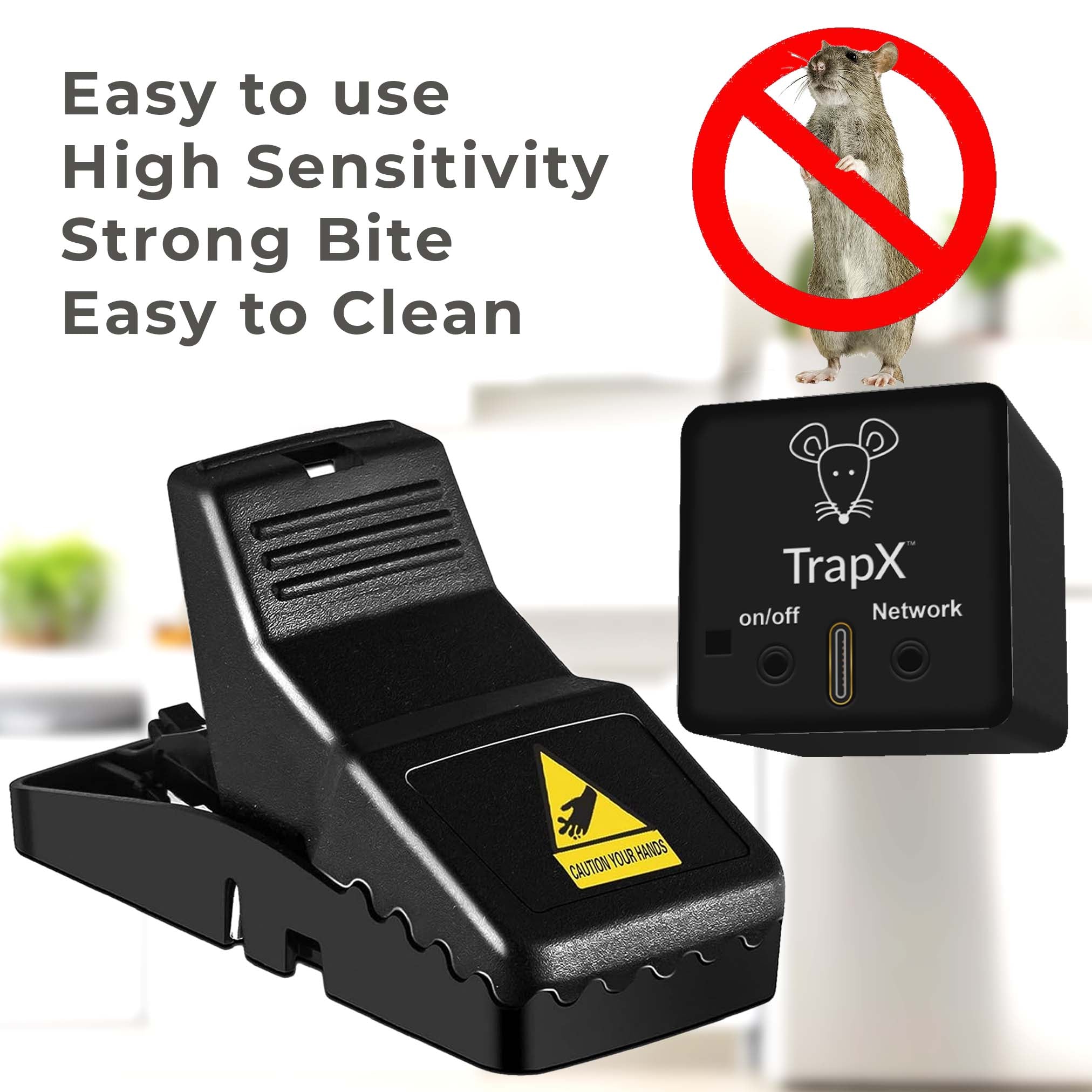Rodents such as mice and rats are a common nuisance in many households. They can cause significant damage and pose health risks to inhabitants. Ensuring your home and yard are free from rodent holes is essential for a safe and healthy living environment. In this comprehensive guide, we will explore how to block rodent holes effectively, offering you practical tips and solutions.

Understanding Rodent Behavior and Habitats
Why Rodents Dig Holes
Rodents dig holes for various reasons. Primarily, they seek shelter, create nests for their young, and search for food. Understanding these behaviors helps in devising strategies to block their access points efficiently.
Common Places Rodents Make Holes
Rodents tend to create holes in areas that provide easy access to food and shelter. You will commonly find these holes in:
- Kitchen areas
- Basements and attics
- Garage corners
- Backyards and gardens

Preparing to Block Rodent Holes
Inspecting the Premises
Before taking any actions, conduct a thorough inspection both inside and outside your home. Look for signs of rodent activity, including droppings, gnaw marks, and burrows. Identifying all potential entry points is critical for effective rodent control. For more details on inspecting and dealing with rodent entry points, check out our guide on Home Pest Control.
Gathering the Necessary Materials
Having the right tools and materials will make the process much simpler. You may need:
- Steel wool
- Hardware cloth
- Expanding foam
- Cement
- Tools (screwdrivers, pliers, etc.)

Methods to Block Rodent Holes
Using Steel Wool
Steel wool is effective in blocking smaller holes. Rodents find it difficult to chew through this material. Simply stuff steel wool into the holes and secure it with caulk or another sealing method. For an in-depth look at how to apply these methods, refer to our Mouse Trap Solution.
Applying Hardware Cloth
For larger holes, use hardware cloth. Cut it to the necessary size, place it over the hole, and secure it using screws or nails. This method is durable and can withstand rodent attempts to re-enter.
Sealing with Expanding Foam
Expanding foam is excellent for filling gaps and cracks where rodents could enter. Spray the foam into the holes and allow it to expand and harden. Once set, you can trim any excess for a neat finish.
Using Cement for Permanent Solutions
For long-term solutions, consider using cement to fill rodent holes in concrete surfaces. Mix the cement according to the instructions, fill the holes, and smooth the surface for a professional look. For additional techniques, visit Rodent Traps Guide.

Preventative Measures
Maintaining Cleanliness
Keeping your home and yard clean reduces the attraction for rodents. Ensure all food is stored in sealed containers and dispose of garbage regularly. Learn more about the importance of cleanliness in pest control in our article on Mouse Poisoning.
Eliminating Food Sources
Rodents are driven by food availability. Removing easy access to food sources can deter them from making holes in the first place. Consider using rodent-proof containers and maintaining a clean kitchen.
Regular Inspections
Conducting regular inspections helps you stay ahead of potential infestations. Inspect for new holes or signs of rodent activity and address them promptly. For a guide on how to conduct these inspections, see our Guide to Finding Rodents.
FAQ Section
What materials are best for blocking small rodent holes?
Steel wool is highly recommended for small rodent holes as it is difficult for rodents to gnaw through.
Can expanding foam be used outdoors?
Yes, expanding foam can be used both indoors and outdoors. Just ensure it is designed for external use if applied outside.
How often should I inspect my home for rodent activity?
Regular inspections every few months can help you spot and address potential rodent issues before they become severe. For more tips on inspections, visit an external resource on Catching a Mouse.
Conclusion
Blocking rodent holes is a practical and effective way to maintain a rodent-free environment. By understanding rodent behavior, preparing adequately, and applying the appropriate methods, you can successfully prevent these pests from causing damage and posing health risks. Remember, regular inspections and preventative measures are key to long-term rodent control. For more detailed information, visit this guide on rodent control.
As an Amazon Associate, I earn from qualifying purchases.
